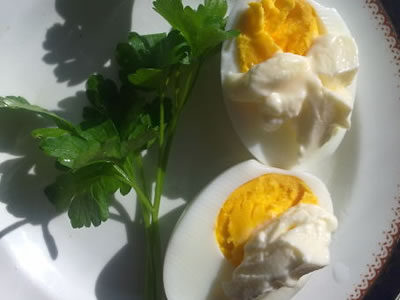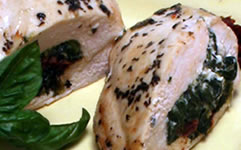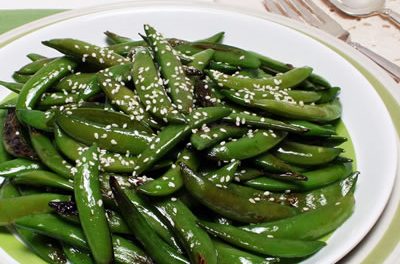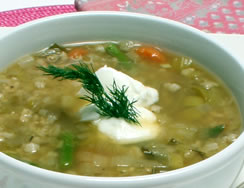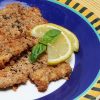It's no "yolk" when your egg whites turn rubbery and your yolks are green! If this happens to you, you're not alone. In fact, according to a survey by the American Egg Board, nearly eight out of 10 moms say their knowledge of hard-boiling eggs is excellent or good, yet when asked to identify the proper preparation method, less than three in 10 moms are actually cooking those eggs correctly.
Chef Jeffrey Saad, eggspert and Cooking Channel host, shares the following tips on how to properly hard-boil eggs for Easter or any time of the year.
THREE simple steps to properly hard-boil eggs:
- Place eggs in saucepan large enough to hold them in a single layer. Add cold water to cover eggs by 1 inch. Heat over high heat just to boiling.
- Remove from burner. Cover pan. Let eggs stand in hot water about 12 minutes for Large eggs (9 minutes for Medium eggs; 15 for Extra Large).
- Cool completely under cold running water or in a bowl of ice water. Peel and eat eggs or refrigerate them in their shells to enjoy up to a week later.
The HARD facts:
- Boiled, but just barely. While the cooking water must come to a full boil in this method, the pan is immediately removed from the heat so that the eggs cookgently in the hot water, which produces tender eggs and minimizes cracking.
- Very fresh eggs can be difficult to peel. Buy and refrigerate your eggs a week to 10 days in advance of cooking them to make the peeling process easier. This brief "breather" allows the eggs time to take in air, which helps separate the membranes from the shell.
- Hard-boiled eggs are easiest to peel after cooling. Cooling causes the egg to contract slightly in the shell.
- Peel a hard-boiled egg. Gently tap egg on countertop until the shell is finely cracked all over. Roll egg between hands to loosen shell. Peel starting at the large end and hold the egg under cold running water to help ease the shell off.
- Banish the greenish ring. This harmless but unsightly discoloration that sometimes forms around hard-boiled yolks results from a reaction between sulfur in the egg white and iron in the yolk. It occurs when eggs have been cooked for too long or at too high a temperature.
- Hard-boiled eggs in the shell can be refrigerated safely for up to one week. Peeled hard-boiled eggs should be eaten that day. Uncooked, eggs can stay fresh in a refrigerator for up to a month or more.
- Prepare a dozen hard-boiled eggs on Sunday so you'll have an all-natural, high-quality protein option on hand for your family's big days, either for an on-the-go breakfast or after-school snack.
See how easy it is -- watch Chef Jeffrey Saad prepare Hard-boiled Eggs (below).
AEB

